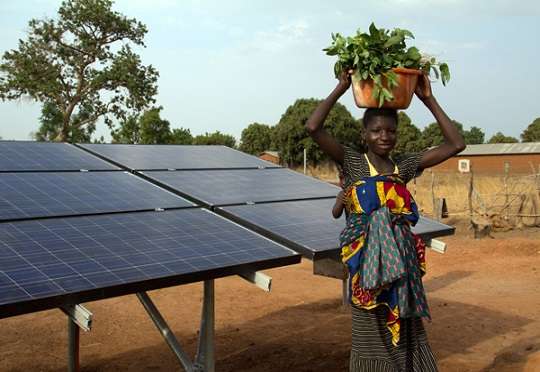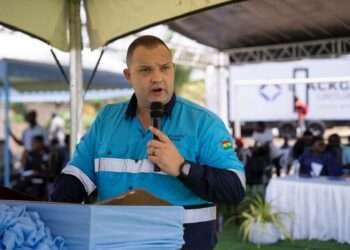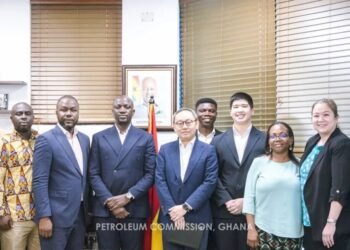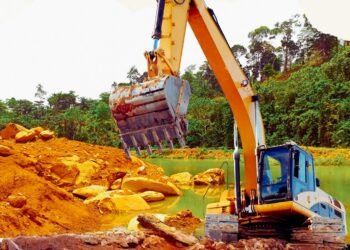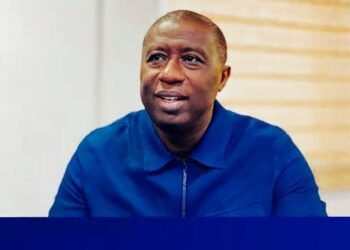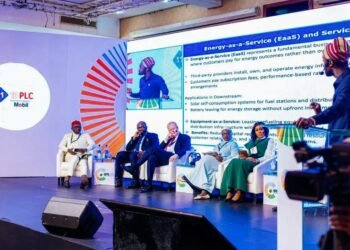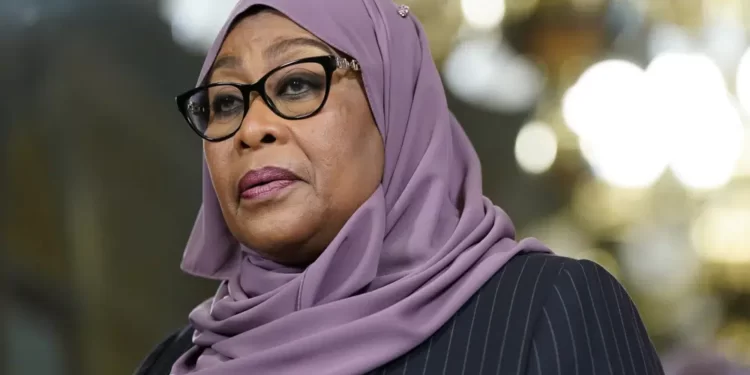A senior engineer at the Volta River Authority (VRA), Ing. Kweku Wiafe, has challenged the widespread belief that renewable energy should only be pursued after traditional energy sources have been depleted, insisting that renewables are already an economically viable and essential part of Ghana’s energy mix.
Ing. Wiafe argued that Ghana can no longer afford to view renewable energy as a distant aspiration.
“There is this misconception that renewable energy is something you do after you have done everything else.
“The reality is that renewable energy should be part of the solution for Ghana today, especially if we want to build a resilient and cost-effective energy system.”
Ing. Kweku Wiafe, Senior Engineer at VRA
According to Ing. Wiafe, the economic case for renewable energy is now stronger than ever. He explained that solar power, which was once considered too expensive to be practical, is now cheaper to generate than Ghana’s most efficient thermal plants.
“While our simple cycle thermal plants generate power at about 11 cents per kilowatt hour, solar energy can now produce the same power for less than 10 cents.
“Renewable energy can stand on its own based on economic merit. Forget about the sustainability argument; today, the economics of renewable energy is compelling.”
Ing. Kweku Wiafe, Senior Engineer at VRA
He added that the global energy landscape has shifted decisively toward renewables, driven by both cost efficiency and industrial competitiveness.
“If China and India, both industrial economies, are producing power at a third of Ghana’s cost using renewable energy, then it is clear that renewables and industrialisation are not mutually exclusive.”
Ing. Kweku Wiafe, Senior Engineer at VRA
Inefficiencies in Thermal Generation
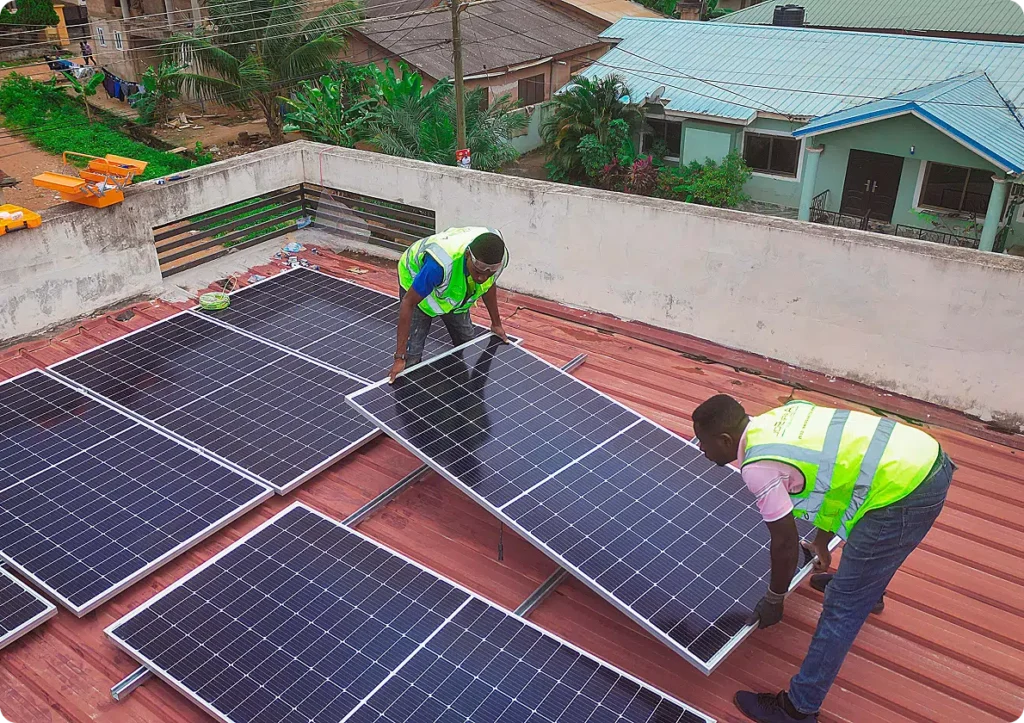
Turning his attention to Ghana’s existing power infrastructure, Ing. Wiafe noted that nearly 40 percent of the country’s thermal generation capacity operates inefficiently due to poor planning and past emergency-driven procurement decisions.
“During power crises, we procured technology based on urgency, not efficiency. Once the crisis ended, we failed to invest in upgrading those plants.
“The result is that a large portion of our generation assets operate well below optimal efficiency.”
Ing. Kweku Wiafe, Senior Engineer at VRA
He disclosed that recent internal assessments by the VRA suggest that replacing inefficient thermal plants could save the country over $300,000 daily in fuel and operational costs, savings that could be redirected toward infrastructure and renewable investments.
“The only way you can reduce prices is to reduce cost. Unfortunately, we’ve relied too much on revenue measures that simply don’t work.”
Ing. Kweku Wiafe, Senior Engineer at VRA
He referenced the frequent upward adjustments in electricity tariffs as an unsustainable response to inefficiencies.
Ghana’s electricity tariffs remain among the highest in Africa, currently averaging between $0.20 and $0.26 per kilowatt hour, compared to a global average of $0.17 and about $0.07 in China and India.
“We cannot keep increasing tariffs as a way to solve the sector’s problems. That only kills the goose that lays the golden egg.
“Businesses and consumers can only take so much before it becomes counterproductive to growth.”
Ing. Kweku Wiafe, Senior Engineer at VRA
He warned that continued reliance on tariff hikes rather than systemic reforms risks worsening the energy sector’s financial instability and discouraging industrial investment.
Renewables and the Path to Resilience
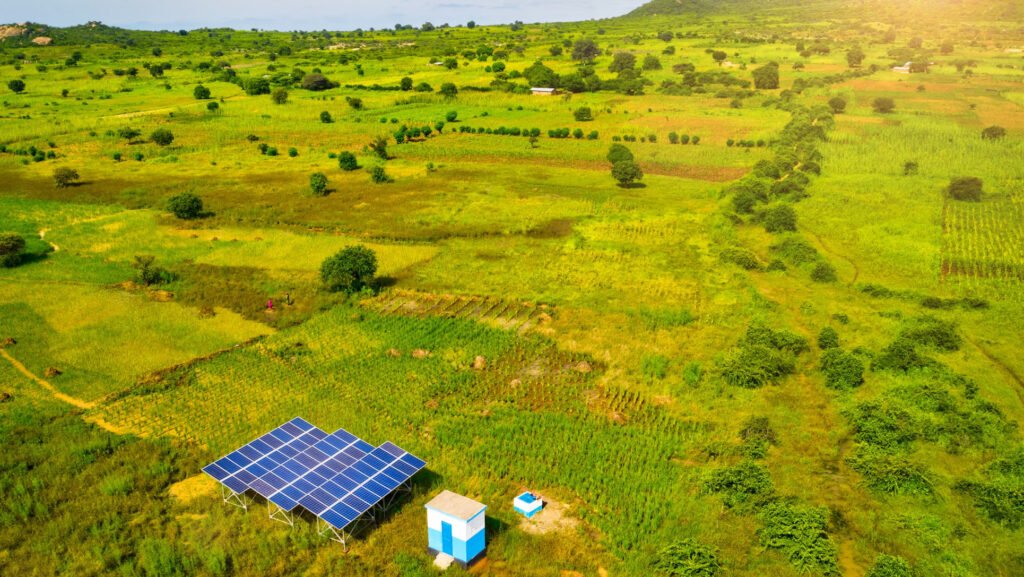
Ing. Wiafe emphasised that Ghana’s energy future depends on its ability to embrace renewables not as an optional environmental pursuit but as a strategic economic choice.
He argued that renewables can help stabilise power costs, reduce dependence on imported fuels, and align with global sustainability goals without compromising industrial growth.
“Renewable energy is not just about going green; it’s about being smart.
“It’s about securing our energy independence, cutting costs, and building an energy system that can sustain economic growth.”
Ing. Kweku Wiafe, Senior Engineer at VRA
He further called on policymakers to move beyond short-term crisis management and adopt an integrated, forward-looking approach to energy planning that includes aggressive investments in solar, wind, and hybrid systems.
Ing. Wiafe urged government and private investors to view renewable energy as a key part of Ghana’s industrialisation drive, not as a competing agenda.

